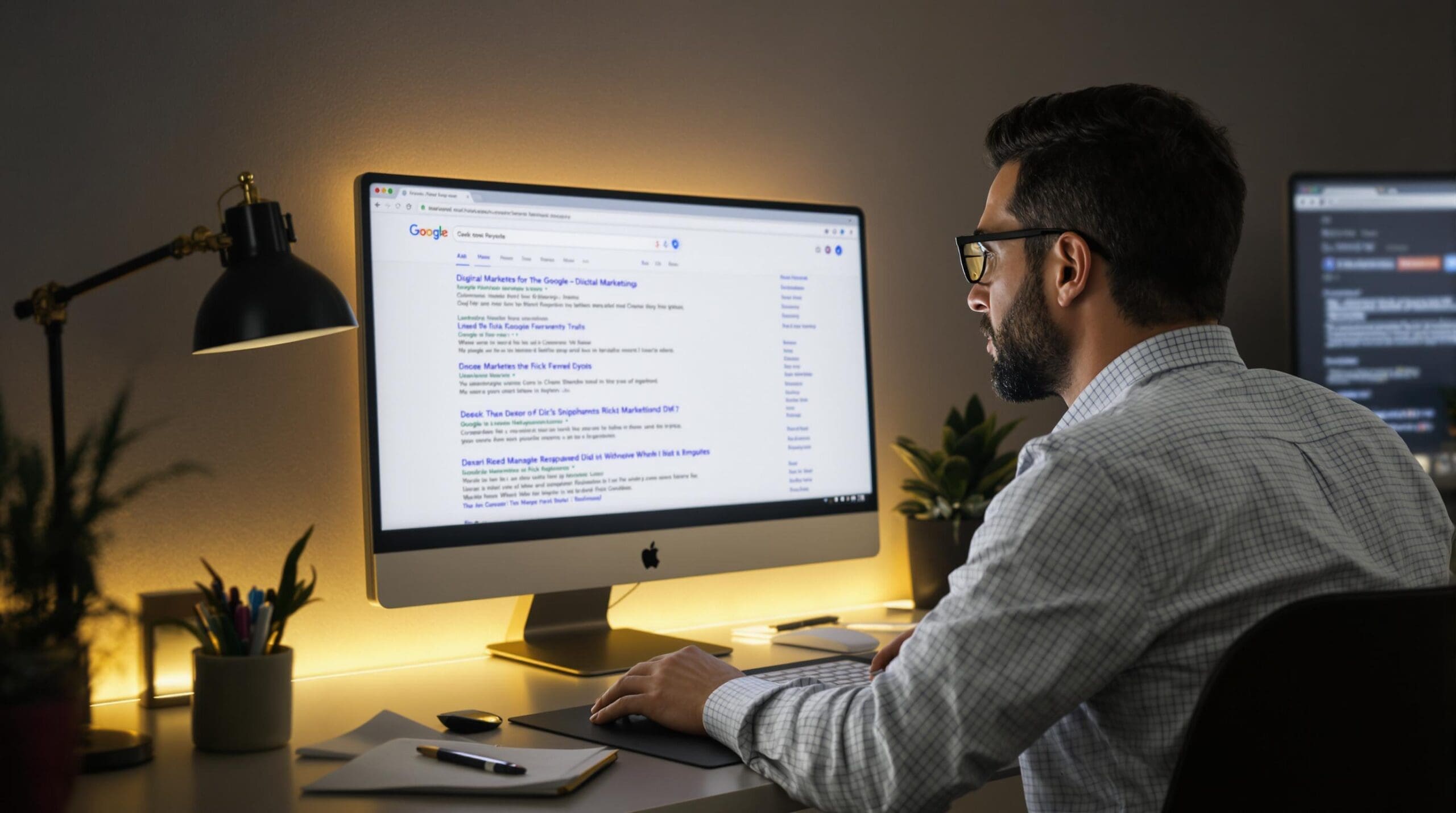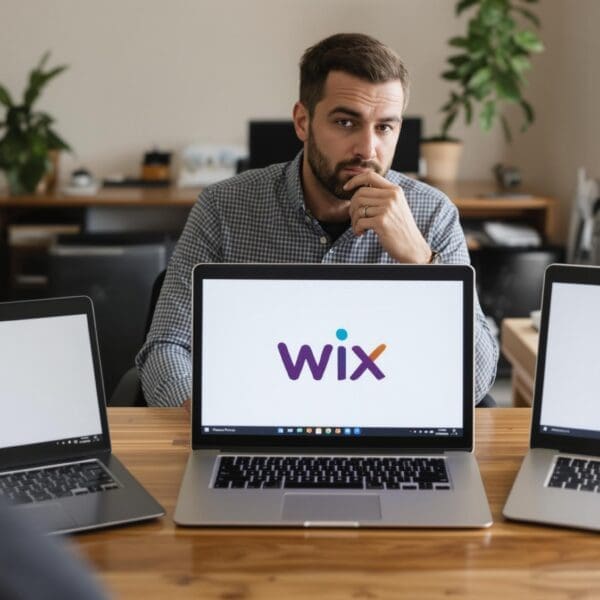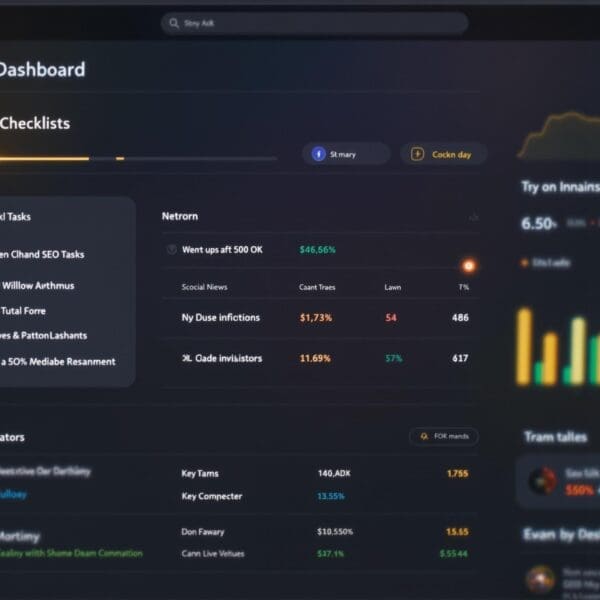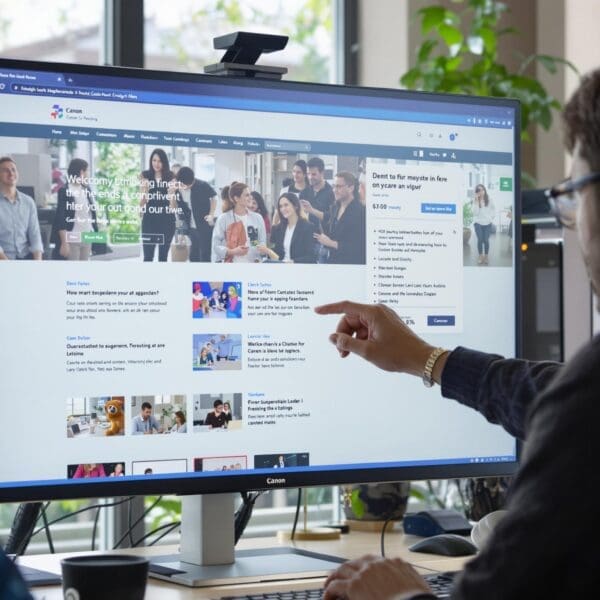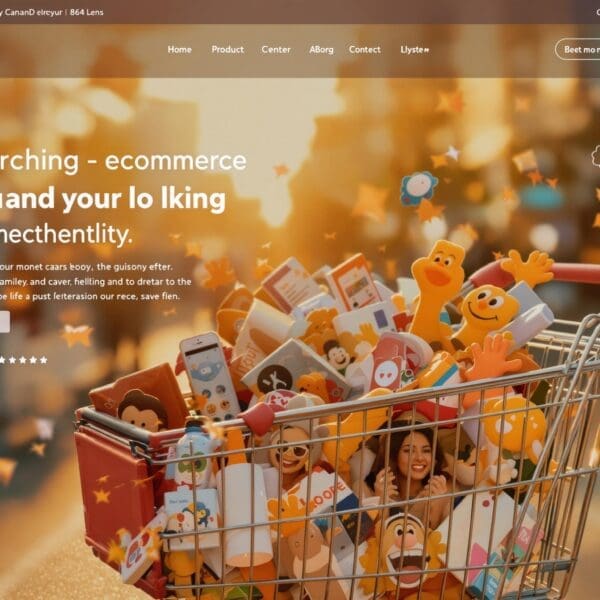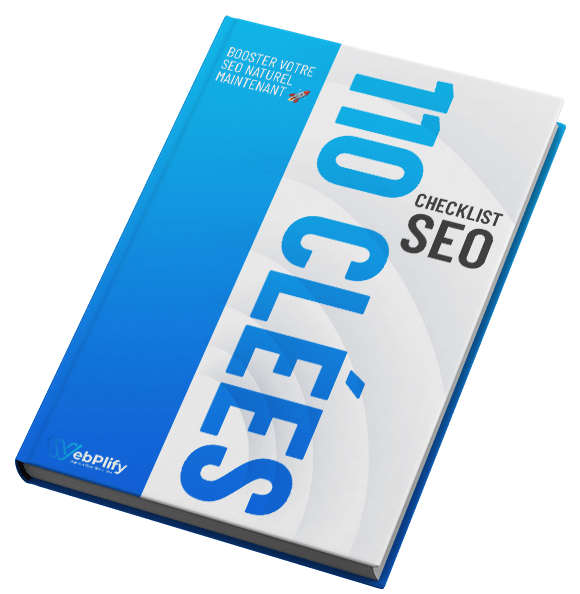The article explores strategies for achieving top position on Google:
- Positioning: 80% of clicks are concentrated on the first three results.
- Technical optimization: Fast loading speed, HTTPS security, clear structure.
- HTML tags: Use of keywords in title, meta-description and alt image tags.
- Relevant content: Consistent length, meeting search intentions.
- Complementary strategies: SEA, Google Business Profile, ongoing verification with SEO tools.
- NetLinking Strategies: Tools, Follow-up and Copywriting
For companies and SEO specialists, being first in Google results is the ultimate goal, as it is synonymous with visibility and quality organic traffic. Given the importance of Google searches – representing 93% of all searches in France – it’s vital to deploy the right strategies. Let’s take a look at the secrets and tricks to achieving this effectively.
Table of contents
ToggleThe importance of good positioning on the serp in 2024
For a company to attract users, it needs to be positioned at the top of search results. 91% of user clicks are concentrated on the first page of Google. As a faithful observer of SERP(Search Engine Results Pages) evolution for over nine years, I’ve been able to observe the changing distribution of clicks. Here are a few eloquent figures:
- 80% of clicks on the first page are monopolized by the first three results.
- The click-through rate (CTR) of the first organic result reached 28.5%.
- The CTR of the second result drops to 15.7%, that of the third to 11%, and then drops drastically.
- On the second page, the CTR falls below 1%.
These statistics clearly demonstrate the need for good positioning on Google.
How do I get into first place on Google?
Reaching the first page of Google requires a holistic approach encompassing various aspects of SEO. Here are the main factors:
Site structure and technical quality
A technically optimized site is essential. Here are a few key elements:
- Fast loading time: Users quickly abandon sites that take a long time to load.
- Security (HTTPS): Google favors secure sites.
- No broken links: Broken links disrupt navigation and harm SEO.
- Good navigation structure: A clear architecture facilitates indexing by search engines.
Optimizing html tags
HTML tags such as title, meta-description and image tags (alt attributes) must incorporate relevant, catchy keywords. In this way, they play a crucial role in attracting and retaining the attention of search engines and users alike.
Keyword relevance
Use long-tail keywords, which are less competitive but highly targeted. This strategy enables you to capture a niche audience and improve your positioning.
Quality content
It’s essential to create high-quality, relevant content of consistent length (around 2,000 words), updated regularly. Your articles should address the following search queries:
- Informative: Provide accurate, in-depth information.
- Navigation: Facilitate access to other parts of the site.
- Transactional: Encourage actions such as a purchase or registration.
- Commercial: Promoting products or services.



Obstacles to the click rate on the serp
As an experienced specialist, I’ve often come across particular obstacles which, if not managed correctly, can reduce click-through rates (CTR). Here are the main ones:
Enriched google results
Featured Snippets, Knowledge Panels and other Google Apps often take up valuable space at the top of search results. These eye-catching elements can reduce the CTR of organic results, even the first one.
Complementary visibility strategies
To maximize visibility, you need to do more than just SEO. Integrate other methods such as :
- SEA (Search Engine Advertising): Use Google Ads for fast but expensive results.
- Google Business Profile: Improve your local visibility by optimizing your business listing.
- Customized ads based on location and current events.
Checking and monitoring referencing
Use powerful tools to monitor and adjust your strategy. Google Search Console, Semrush, Ahrefs and MyPoseo are among the best. Don’t underestimate the importance :
- Sending sitemaps to Google to facilitate indexing.
- Constant optimization of technical performance and content.
Setting up a NetLinking strategy
Implementing a NetLinking strategy is essential for improving your website’s SEO. By obtaining quality inbound links from relevant, authoritative sites, you increase your site’s credibility in the eyes of search engines. This translates into higher rankings in search results, increased organic traffic, and greater visibility for your brand online. NetLinking is therefore an indispensable lever for boosting your web presence and attracting more potential customers.
Creating quality content optimized for google
My experience allows me to stress the crucial importance of creating relevant, Google-optimized content. This means..:
Compliance with technical standards
Use hn tags correctly to structure content logically. Make sure URLs are clear and descriptive.
Web performance indicators
Improve indicators such as LCP (Largest Contentful Paint), CLS (Cumulative Layout Shift) and FID (First Input Delay). These elements play a key role in good SEO.
For example, on a project for an e-commerce client, we reduced the LCP from 5 seconds to less than 2 seconds by compressing images and optimizing scripts. The result? A significant increase in ranking.
Remember to appear on the 1st page of Google
To optimize your online presence, keep these essential strategies in mind:
- Adapt your site to mobile devices with a responsive design.
- Ensure fast loading times and smooth navigation.
- Use tools to check and monitor your SEO performance.
- Create and optimize your Google Business Profile.
- Deploy Google Ads campaigns to improve your short-term visibility.
In short, reaching the top position on Google is within the reach of those who adopt a strategic and methodical approach. The combination of a technically flawless site, constant optimization and the creation of quality content will enable you to dominate the search results and maximize your online presence.







